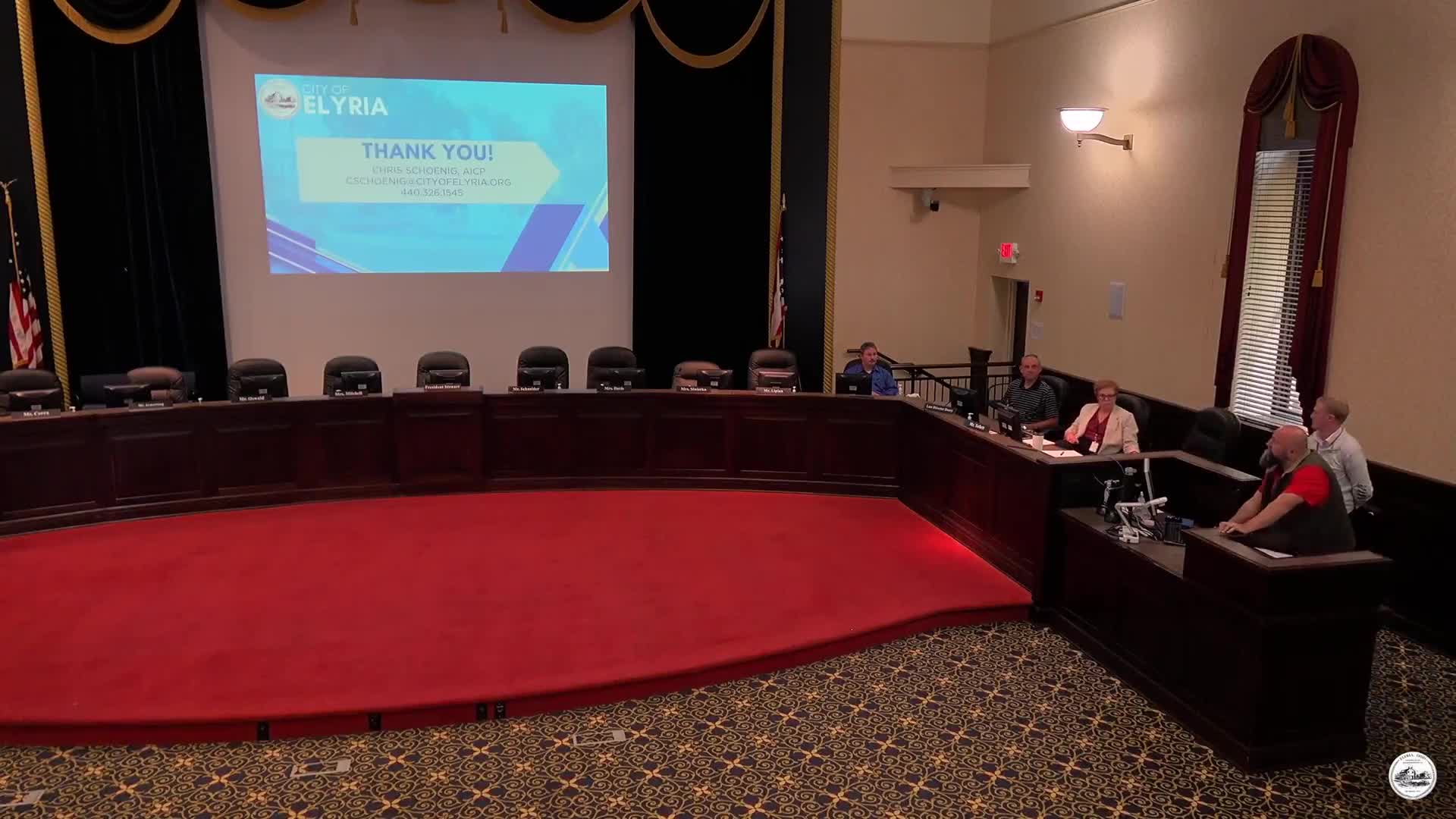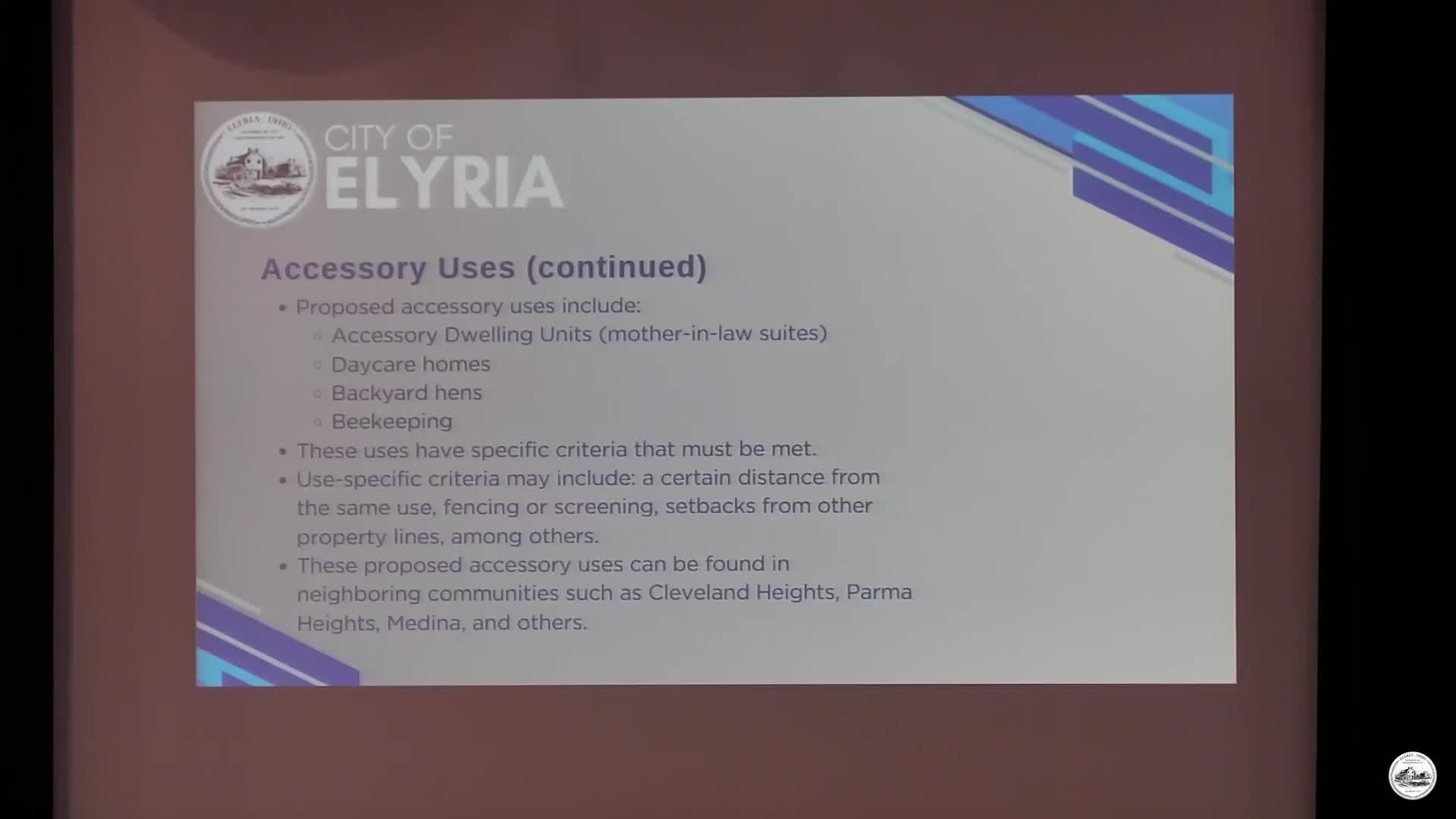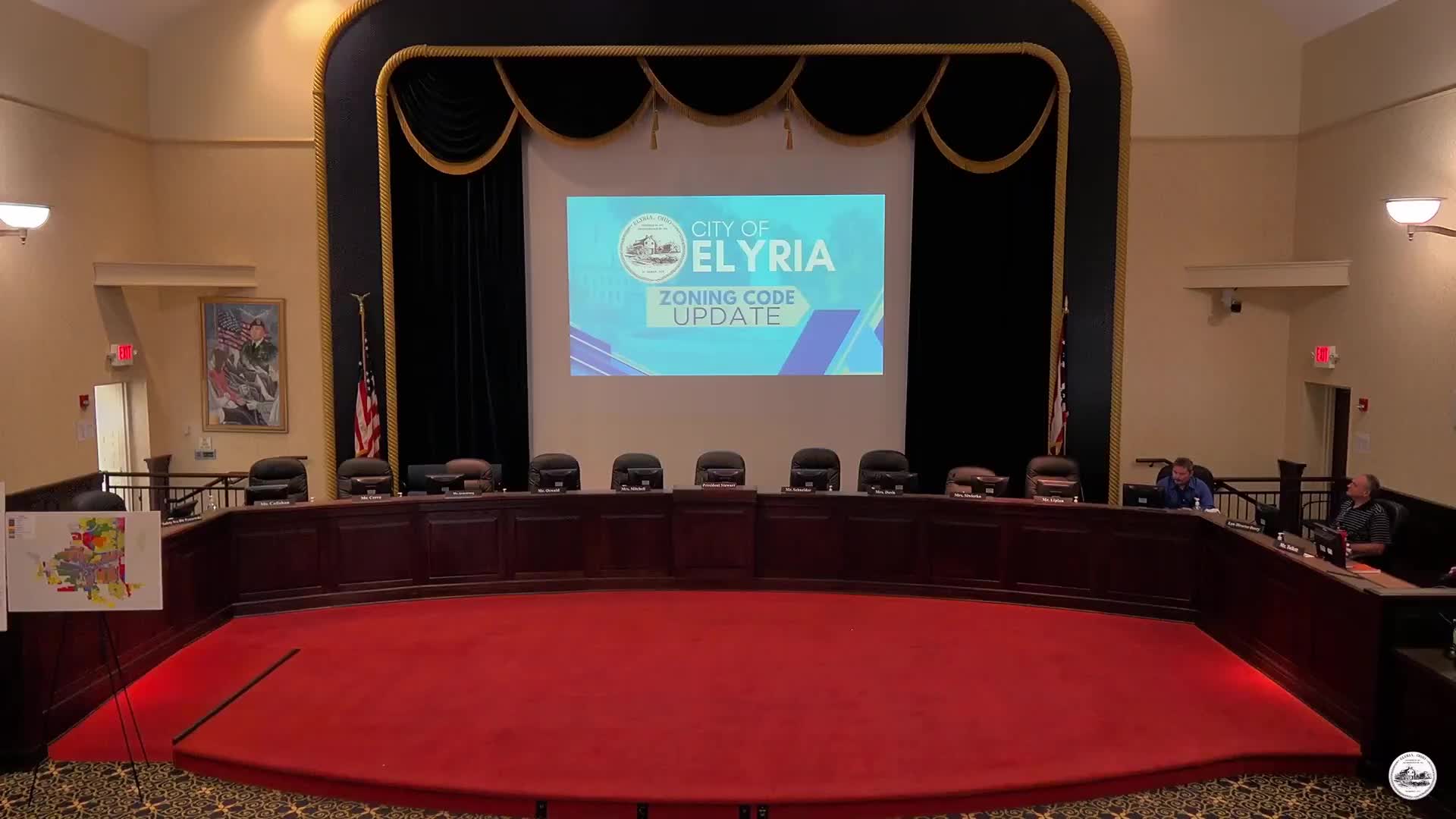Article not found
This article is no longer available. But don't worry—we've gathered other articles that discuss the same topic.

Residents press Elyria staff on sanitary sewers, traffic and a Meijer rumor during zoning forum

Draft would add accessory dwelling units, backyard hens and beekeeping; daycare rules to follow state classifications

